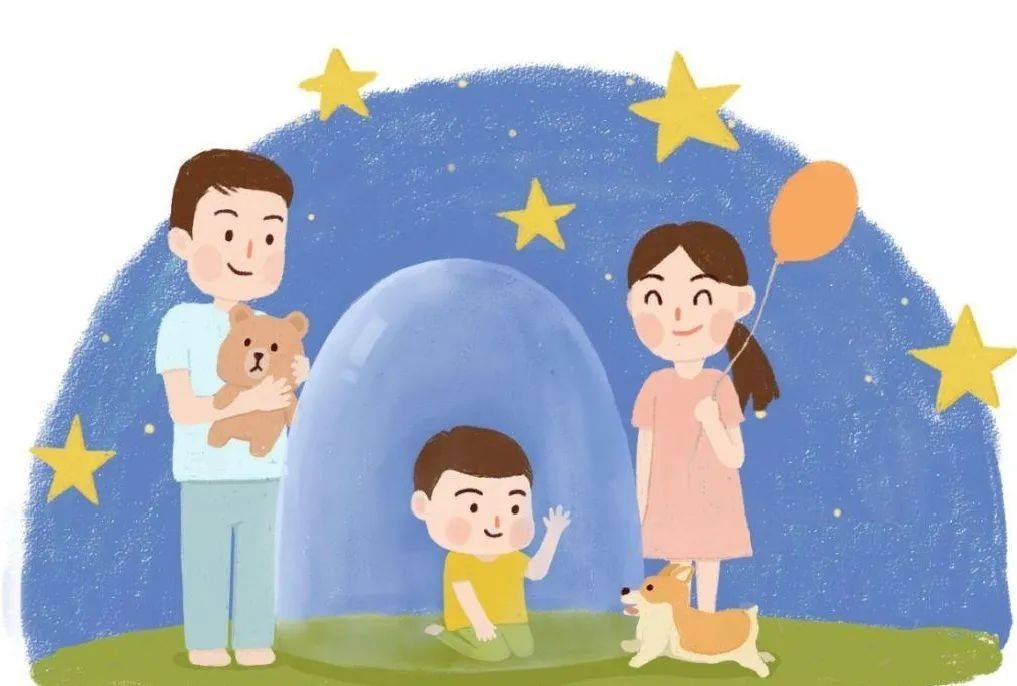In the process of a child’s growth, every family hopes for their child to grow up healthy and happy, possessing an outgoing personality and good social skills. However, when parents discover that their child is withdrawn and reluctant to speak, they inevitably feel a pang of worry: Does this mean the child has autism? To answer this question, we first need to clarify what autism is, as well as the difference between autism and a withdrawn personality in children.
Autism: A complex neurodevelopmental disorder
Autism, also known as Autism Spectrum Disorder (ASD), is a neurodevelopmental disorder that affects a child’s social interaction, communication abilities, and behavior patterns. It is not as simple as being “reluctant to speak” or having a “withdrawn personality”; rather, it involves multiple areas of functional impairment, including but not limited to:
Social impairments: Children with autism often lack eye contact when interacting with others, have difficulty understanding the emotions and non-verbal signals of others, and struggle to establish and maintain friendships.
Language communication impairments: While some autistic children may have excellent language skills, many others face delays in language development, echolalic speech, or the inability to effectively express themselves verbally.
Repetitive behavior patterns: Children with autism often exhibit excessive fascination with specific items or activities, as well as repetitive physical movements or ritualistic behaviors.
The difference between a withdrawn personality and autism
A withdrawn personality and autism may overlap in appearance, but there is a fundamental difference between the two. A withdrawn child may simply prefer solitude and may not be good at or enjoy interacting with others, but this does not imply impairment in other areas of function. They may still be able to understand and express emotions; they just tend to maintain their own little world.
In contrast, autism is a more complex neurodevelopmental disorder that not only affects a child’s social and language abilities but may also involve multiple aspects such as perception, cognition, emotion, and behavior. The withdrawn behavior and reluctance to speak in autistic children often reflect their internal challenges rather than being simple personality traits.
How should parents respond?
When faced with their child’s withdrawn behavior, parents should first remain calm and patient, avoiding equating the child’s behavior with autism too hastily. At the same time, parents can take the following measures to help their child:
Enhance understanding: Learn about autism-related knowledge to understand the possible needs and challenges of the child.
Observe and record: Carefully observe the child’s behavior patterns and interests, documenting their growth changes.
Seek professional evaluation: If there are concerns, seek timely evaluation and advice from professionals.
Provide support: Based on the child’s needs, offer appropriate social and language training opportunities, encouraging participation in group activities.
Maintain communication: Establish stable communication channels with the child, listen to their thoughts and feelings, and provide them with ample love and support.
In summary, a child’s withdrawn personality does not equate to autism. Parents should adopt an open mindset and a scientific approach when addressing their child’s developmental issues, providing necessary support and help.


